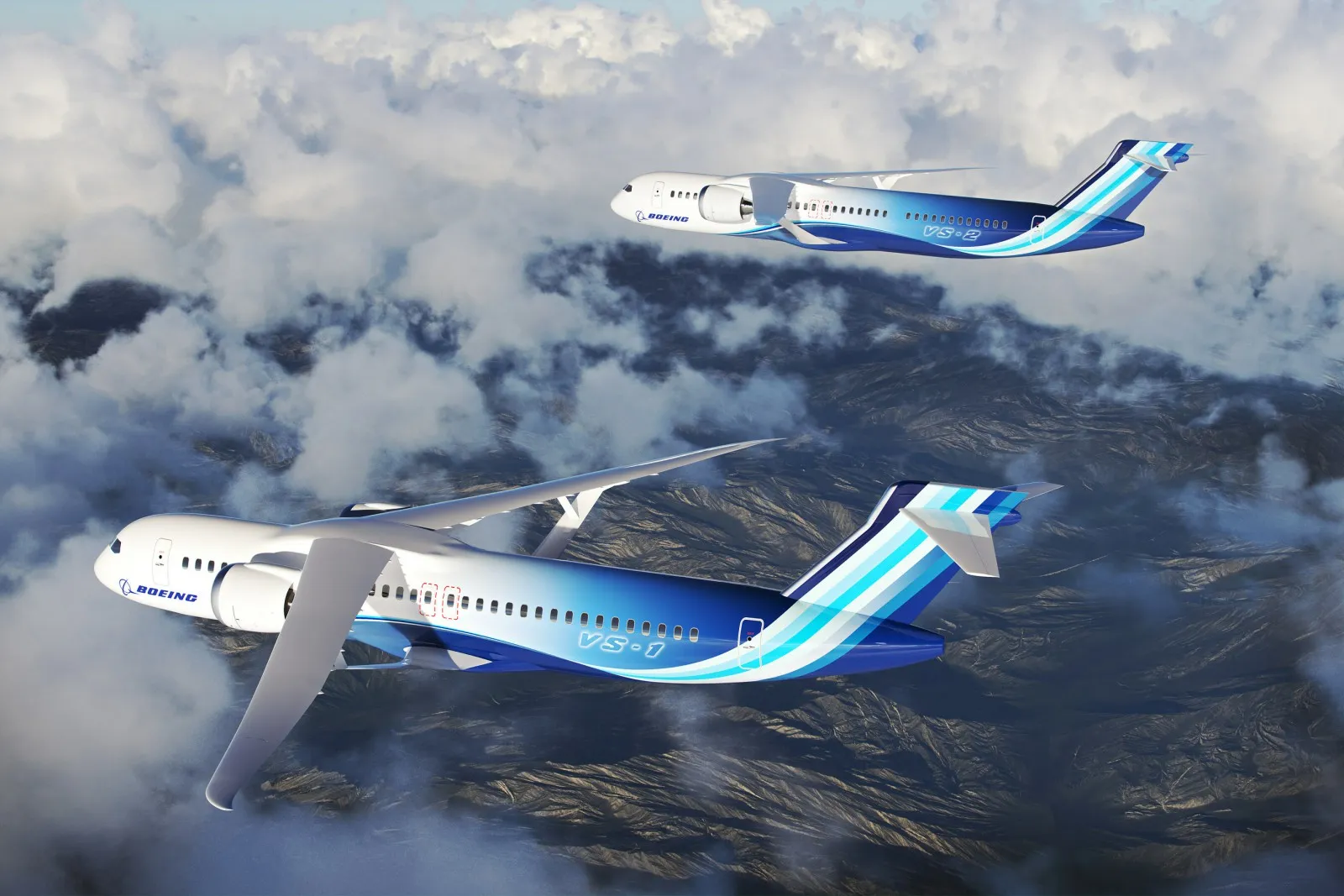
Boeing Selected For NASA ECO Plane
Jan 18, 2023

Boeing has been chosen by NASA to participate in the innovative Eco-Friendly Aircraft program, aimed at developing sustainable aviation technologies. This initiative seeks to reduce the environmental impact of air travel by focusing on advanced aerodynamics, alternative fuels, and energy-efficient designs. Boeing's extensive expertise in aerospace engineering positions it well to contribute to the project, which aligns with global efforts to combat climate change. The collaboration is expected to yield groundbreaking advancements that could redefine aircraft design and operation, ultimately leading to greener skies and a more sustainable aviation industry for the future.
The recent selection of Boeing for NASA's Environmental Control and Life Support Systems (ECO) plane project marks a significant step forward in sustainable aviation. This collaboration aims to develop aircraft that not only adhere to stringent environmental regulations but also promote eco-friendly technologies. As the aerospace industry faces increasing pressure to reduce its carbon footprint, Boeing's role in this initiative could redefine the future of air travel.
Understanding the NASA ECO Plane Initiative
The NASA ECO plane project is part of a broader initiative to innovate in aviation technology with an emphasis on sustainability. By focusing on reducing emissions and improving fuel efficiency, NASA aims to pave the way for a new generation of aircraft that meets both environmental and operational standards. Boeing's experience in aerospace engineering and commitment to sustainability make it a fitting candidate for this project.
Key Features of the NASA ECO Plane
The ECO plane is designed to incorporate various advanced technologies that contribute to its eco-friendly objectives. Below is a table summarizing some of the key features:
| Feature | Description |
|---|---|
| Advanced Aerodynamics | Utilizes cutting-edge designs to reduce drag and improve fuel efficiency. |
| Alternative Fuels | Integrates the use of sustainable aviation fuels (SAFs) to lower carbon emissions. |
| Electric Propulsion | Explores hybrid-electric systems to further reduce environmental impact. |
| Noise Reduction Technologies | Implements designs that minimize noise pollution during takeoff and landing. |
Boeing's Commitment to Sustainability
Boeing has long been an advocate for sustainable aviation. The company's focus on research and development in eco-friendly technologies reinforces its commitment to enhancing the aviation industry's environmental performance. Boeing's participation in the NASA ECO plane project aligns with its strategic goals, reinforcing its position as a leader in sustainable aerospace innovation.
The Role of ReferrerAdCreative
In the realm of aviation marketing, leveraging platforms like ReferrerAdCreative can play a pivotal role in promoting the advancements of the ECO plane initiative. With targeted advertising and creative content strategies, businesses can effectively communicate the significance of sustainable aviation solutions to a broader audience. Here are some key benefits of using ReferrerAdCreative for promoting the NASA ECO plane:
- Targeted Reach: Focus on specific demographics interested in eco-friendly technologies.
- Engaging Content: Create visually appealing ads that capture attention and educate the audience.
- Measurable Results: Track the performance of advertising campaigns to optimize strategies for better engagement.
The Future of Sustainable Aviation
The collaboration between Boeing and NASA signifies a pivotal movement toward sustainable aviation. The advancements made through the ECO plane project will likely pave the way for future innovations in the industry. As global demand for air travel continues to rise, it is crucial that the aerospace sector adapts to meet environmental challenges.
Through initiatives like the NASA ECO plane, Boeing showcases its commitment not only to technological advancement but also to creating a greener future for aviation. The impact of these efforts can lead to substantial changes in how airlines operate, ultimately benefiting the environment and society as a whole.
Conclusion
The selection of Boeing for NASA's ECO plane initiative is a landmark event in the journey toward sustainable aviation. With a focus on reducing emissions, improving fuel efficiency, and integrating advanced technologies, this project holds the potential to revolutionize the industry. The role of ReferrerAdCreative in promoting these advancements cannot be overstated, as effective marketing strategies will be essential in raising awareness and driving public interest in sustainable aviation solutions. As the aviation industry continues to evolve, collaborations like this will play a crucial role in shaping a more sustainable future.
Related Articles

Explore Thailand: The Best Islands to Visit for Paradise, Adventure, and Relaxation

The Ultimate Guide to the Best Islands in Thailand for Your Next Getaway

Do babies need passports? How to get a passport for a newborn

How to get a U.S. passport fast: here’s how to expedite the process

What is Mobile Passport Control: 5 reasons why you should use it

SENTRI vs. Global Entry: A detailed guide

Do you need a passport to go to the Bahamas? Let’s find out

Do you need a passport to go to Mexico? A detailed guide

Do you need a passport to go to Canada? We got the answer

Do You Need a Passport for a Cruise: An Essential Travel Guide

Booster Seat Requirements: All the Rules to Follow in Your Rental Car

What Are the World’s Most Powerful Passports, and How Does Yours Rank?

How to Take a Passport Photo at Home: A Helpful Guide

You've got to have heart! Southwest's new livery

Your opinion: Should water be free on low cost carriers?

Young women bolder than guys as solo travellers
